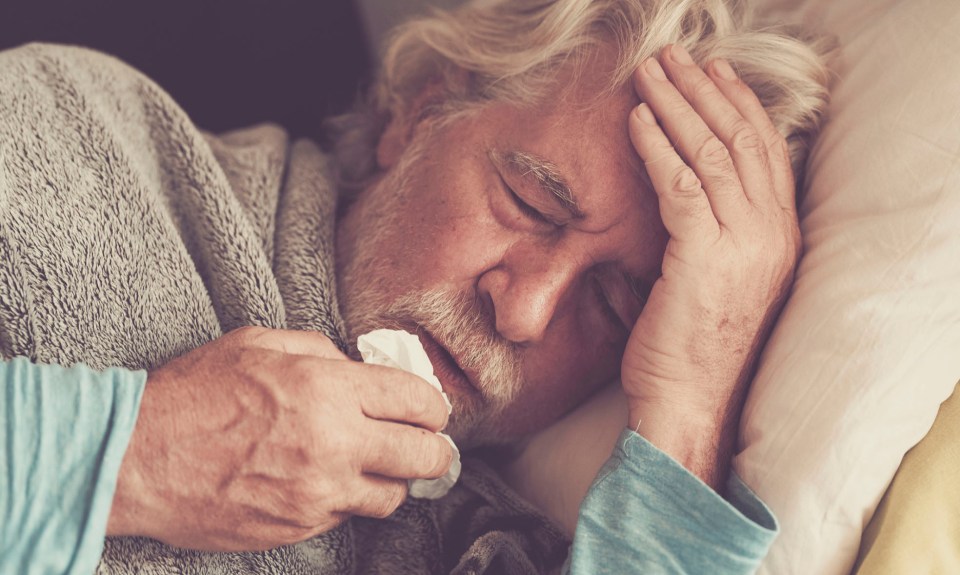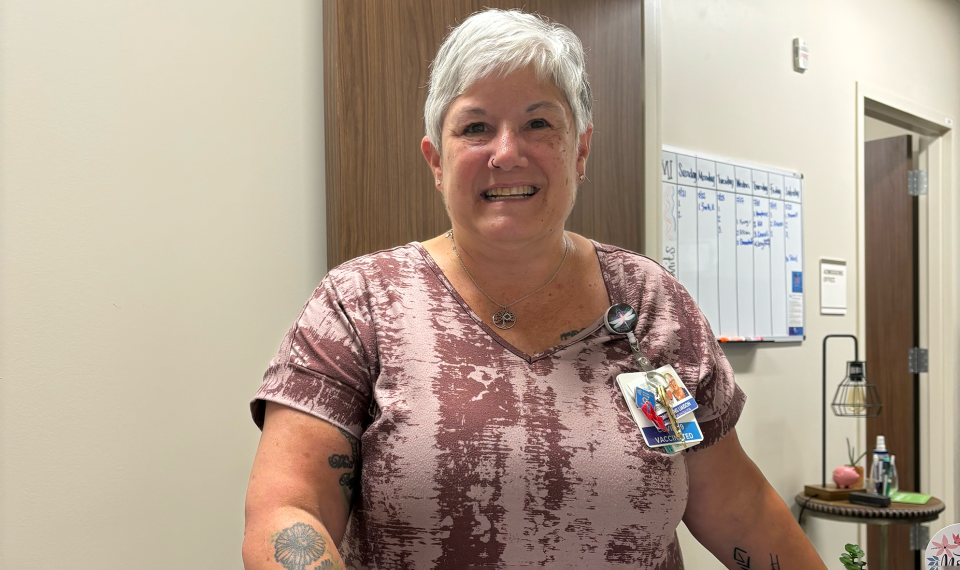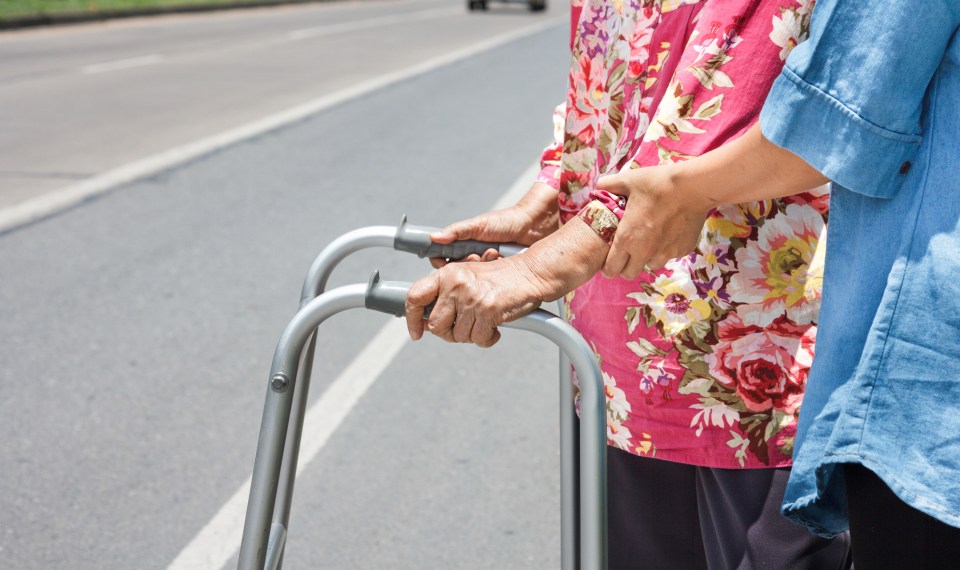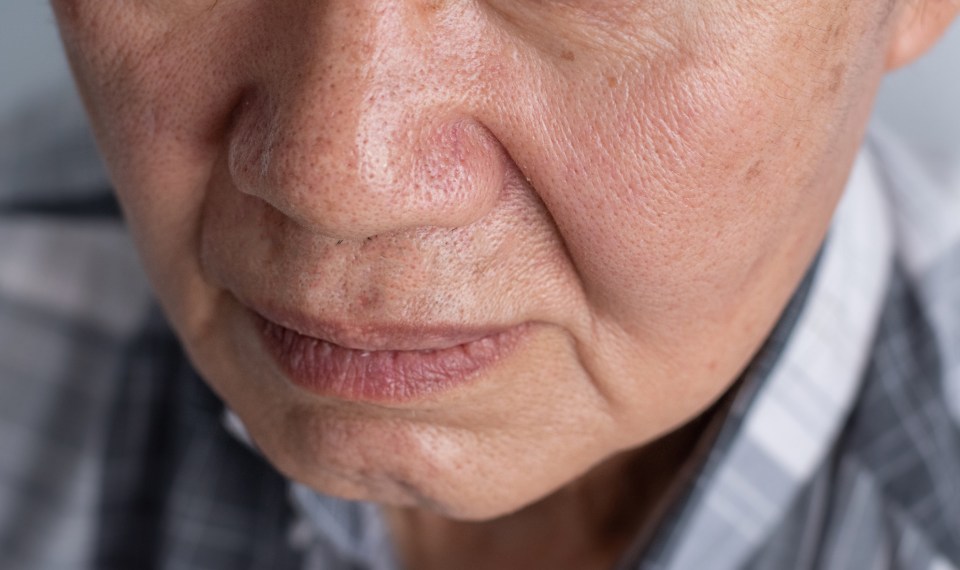If the flu and ongoing COVID-19 pandemic weren’t enough, this year, there has also been a spike in RSV cases, especially among older adults. RSV is thought to impact mainly children, but it can also be dangerous and even deadly to adults, especially those 65 and older.
According to a recent CNN report, about six of every 100,000 seniors has been hospitalized with RSV so far this season. Prior to the pandemic, the report continues, the hospitalization rate of seniors was about 10 times less.
So what’s causing the uptick in RSV cases particularly among seniors and other at-risk populations? Dr. Marielys Otero Maldonado, an infection control director with Encompass Health Rehabilitation Hospital of Manati in Puerto Rico, answers these questions and more.
Why is RSV More Prevalent This Year?
The reduction in typical RSV outbreaks during the COVID 19 pandemic, made possible by mitigation measures including wearing masks and physical distancing, as well as closures, reduced all respiratory infections in children and adults. When the restrictions were relaxed, off seasonal RSV activity increased, as did other respiratory viruses.
Aside from Children, Who is at Risk?
People with weakened immune systems and those with asthma, cardiopulmonary diseases, institutionalized adults and older adults with underlying pulmonary or functional diseases are more vulnerable to RSV. Developing RSV is also a concern for blood cell transplant recipients.
Pneumonia caused by RSV is a cause of severe illness and even death. In adults, you may see short-term wheezing, shortness of breath and tracheobronchitis. The difference in children is that they will have a more severe case of lower respiratory tract infection, such as bronchiolitis, pneumonia, acute respiratory failure, etc.
At-risk populations have a rapid progression of symptoms.
What are the Symptoms of RSV; How Do They Differ from COVID or the Flu?
Respiratory syncytial virus, or RSV for short, is typically seen in colder seasons in the Northern Hemisphere. It is an orthopneumovirus, meaning it targets the upper respiratory system. RSV causes coughing, runny and stopped up nose, and conjunctivitis, also known as pink eye.
The RSV cough is productive or wet, producing phlegm. Repeated RSV infections in older children and adults also may cause tracheobronchitis, pneumonia, bronchitis and exacerbation of asthma and/or COPD. It has an incubation period of four to six days, so a person can be exposed to the virus several days before they show symptoms.
Influenza is more characterized by its intense fever, non-productive, dry cough and muscle aches. You may also have a sore throat, headaches and nasal congestion. Its incubation period is two to four days.
COVID-19 symptoms can include labored breathing, cough, muscle aches and pain, and often smell or taste abnormalities.
How is RSV Diagnosed and Treated?
RSV is usually a clinical diagnosis; it can be suspected if the season and population are compatible for its diagnosis. However, RSV shares many clinical symptoms so it can’t be reliably distinguished from other respiratory viruses, such as rhinovirus. Lab testing is generally only pursued in academic settings when the identification of it will affect management of the virus and its spread in at-risk populations. Treatment is mostly experimental.
There are no vaccines for RSV, but you should be up-to-date with influenza and Covid-19 vaccines to ease the burden of any symptoms.
What Can You Do to Prevent the Spread?
Washing of hands and minimizing exposure to persons with respiratory tract infections help reduce the risk of contracting and spreading the virus. RSV transmission is primarily by direct contact. It usually is not asymptomatic, but symptoms can be mild, and you can still spread the virus if that is the case.
About Dr. Marielys Otero Maldonado
Dr. Marielys Otero Maldonado is an infectious diseases specialist and infection control president at Encompass Health Manati. She started with Encompass in 2012 and became infection control president in 2014 and antibiotic stewardship program president in 2016. She received the 2018 Encompass Health Special Physician award. Currently practicing in Puerto Rico, Dr. Otero is also assistant professor for the Ponce Health Sciences School of Medicine and has run various clinical trials for academia and industry.
The content of this site is for informational purposes only and should not be taken as professional medical advice. Always seek the advice of your physician or other qualified healthcare provider with any questions you may have regarding any medical conditions or treatments.



